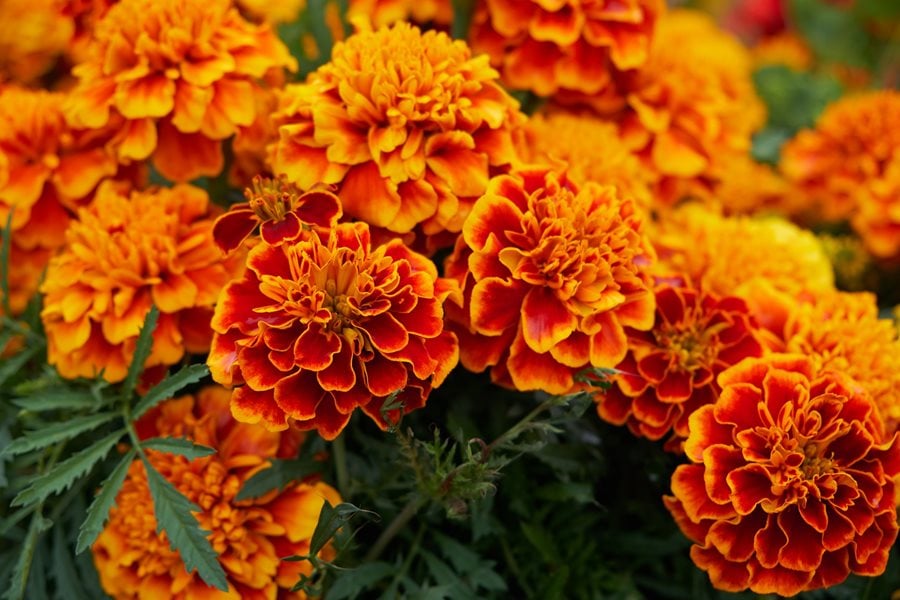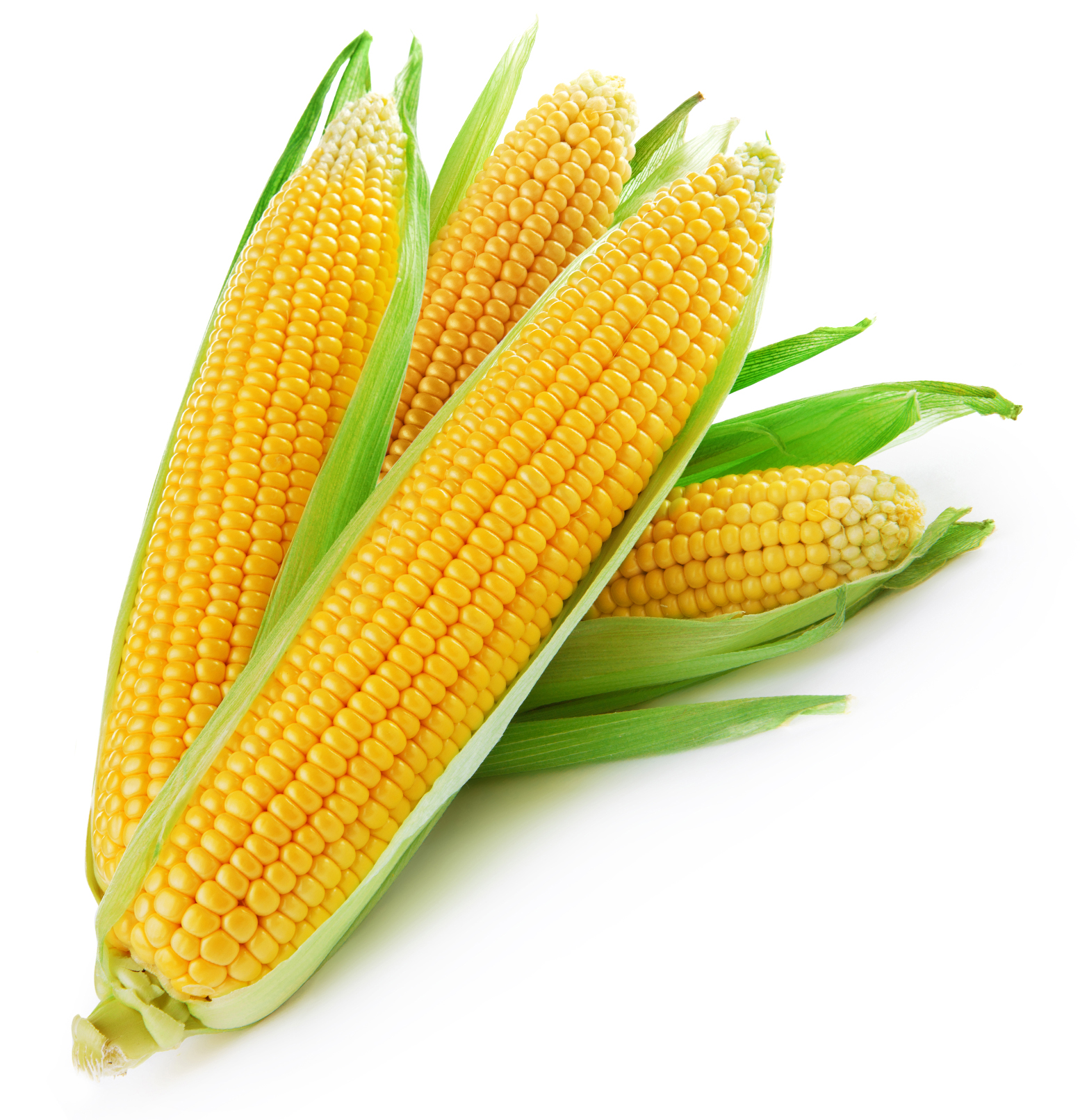The Ultimate Guide To Eggplant Companion Planting
The Ultimate Guide to Eggplant Companion Planting
Eggplants are a delicious and versatile vegetable that can be enjoyed in a variety of dishes. But did you know that companion planting can help you grow healthier and more productive eggplants?
Companion planting is the practice of planting certain plants together in order to benefit each other. Some plants attract beneficial insects, while others help to repel pests. Some plants even improve the soil quality or help to conserve water.
When it comes to eggplant companion planting, there are a few things to keep in mind. First, eggplants are heavy feeders, so they need to be planted with plants that won't compete for nutrients. Second, eggplants are susceptible to a number of pests and diseases, so it's important to plant them with plants that can help to deter these problems.
With that in mind, here are some of the best eggplant companion plants:
- Peas: Peas are nitrogen-fixing plants, which means they can help to improve the soil quality for eggplants. They also help to repel aphids, which are a common pest of eggplants.

- Carrots: Carrots are another good companion plant for eggplants. They help to shade the roots of eggplants, which can help to prevent root rot. Carrots also attract beneficial insects, such as ladybugs, which help to control pests.

- Chives: Chives have a strong scent that can help to repel pests, such as mosquitoes and thrips. They also help to attract pollinators, such as bees and butterflies, which can help to improve fruit production.

- Herbs: Many herbs, such as rosemary, sage, and lavender, can help to repel pests and attract pollinators. They also add flavor to eggplant dishes, so they're a great addition to any eggplant garden.

- Marigolds: Marigolds are another great companion plant for eggplants. They help to repel nematodes, which are a common pest of eggplants. Marigolds also add color to the garden, so they're a great way to make your eggplant garden look more attractive.

In addition to these plants, there are a few other plants that should be avoided when companion planting with eggplants. These include:
- Potatoes: Potatoes and eggplants are both susceptible to the same pests and diseases, so it's best to avoid planting them together.

- Melons: Melons are heavy feeders, so they will compete with eggplants for nutrients.

- Cucumbers: Cucumbers and eggplants are both susceptible to powdery mildew, so it's best to avoid planting them together.

By following these tips, you can grow healthy and productive eggplants with the help of companion planting.
Eggplant is a delicious and versatile vegetable that can be enjoyed in many dishes. But did you know that there are certain plants that can help your eggplant grow better? That's right, companion planting is a great way to improve the health and productivity of your eggplant plants.
Some of the best companion plants for eggplant include:
- Beans: Beans are nitrogen-fixing plants, which means they can help to improve the nitrogen levels in the soil. This is beneficial for eggplant, as it is a heavy feeder.
- Brassicas: Brassicas, such as broccoli, cabbage, and kale, can help to repel pests that are attracted to eggplant.
- Herbs: Herbs, such as mint, rosemary, and thyme, can help to deter pests and diseases. They can also add flavor to your eggplant dishes.
- Marigolds: Marigolds are a great companion plant for any vegetable garden. They help to attract beneficial insects, such as ladybugs, which can help to control pests.
For more information about eggplant companion plants, please visit Garden Wiki. This website has a comprehensive list of companion plants for eggplant, as well as tips on how to plant and care for your eggplant plants.
FAQ of eggplant companion plants
Q: What are some good companion plants for eggplant?
A: Some good companion plants for eggplant include:
- Tomatoes: Tomatoes and eggplants are both members of the nightshade family, so they share similar growing requirements. They also attract the same beneficial insects, such as ladybugs and lacewings.

- Peppers: Peppers are another good companion plant for eggplant. They help to deter pests, such as aphids and whiteflies.

- Cucumbers: Cucumbers and eggplants can be planted together to help improve pollination.
- Herbs: Herbs, such as basil, mint, and rosemary, can help to repel pests and attract beneficial insects.

- Marigolds: Marigolds are a great companion plant for many vegetables, including eggplant. They help to deter pests, such as nematodes and rootworms.

Q: What are some plants that should not be planted near eggplant?
A: Some plants that should not be planted near eggplant include:
- Fennel: Fennel can stunt the growth of eggplants.

- Corn: Corn can take away nutrients from the soil that eggplants need.

- Geraniums: Geraniums can make certain diseases take over eggplants.
- Zucchini: Zucchini will compete for soil nutrients with eggplants.

- Pumpkins: Pumpkins, Brussels sprouts, and melons can all attract the same pests as eggplants, so it's best to avoid planting them near each other.

Q: What are the benefits of companion planting with eggplant?
A: There are many benefits to companion planting with eggplant. Some of the benefits include:
- Improved pollination: Companion plants can help to improve pollination, which can lead to a larger harvest.
- Reduced pest pressure: Companion plants can help to deter pests, which can help to protect your eggplant plants from damage.
- Improved soil health: Companion plants can help to improve soil health by attracting beneficial insects and fixing nitrogen in the soil.
- Enhanced flavor: Companion plants can enhance the flavor of eggplants by releasing volatile compounds that interact with the eggplant's own flavor compounds.
Q: How far apart should eggplants be planted?
A: Eggplants should be planted about 2 feet apart. This will give them enough space to grow and develop properly.
Q: When should eggplants be planted?
A: Eggplants should be planted in the spring, after the last frost. They will need full sun and well-drained soil.
Post a Comment for "The Ultimate Guide To Eggplant Companion Planting"